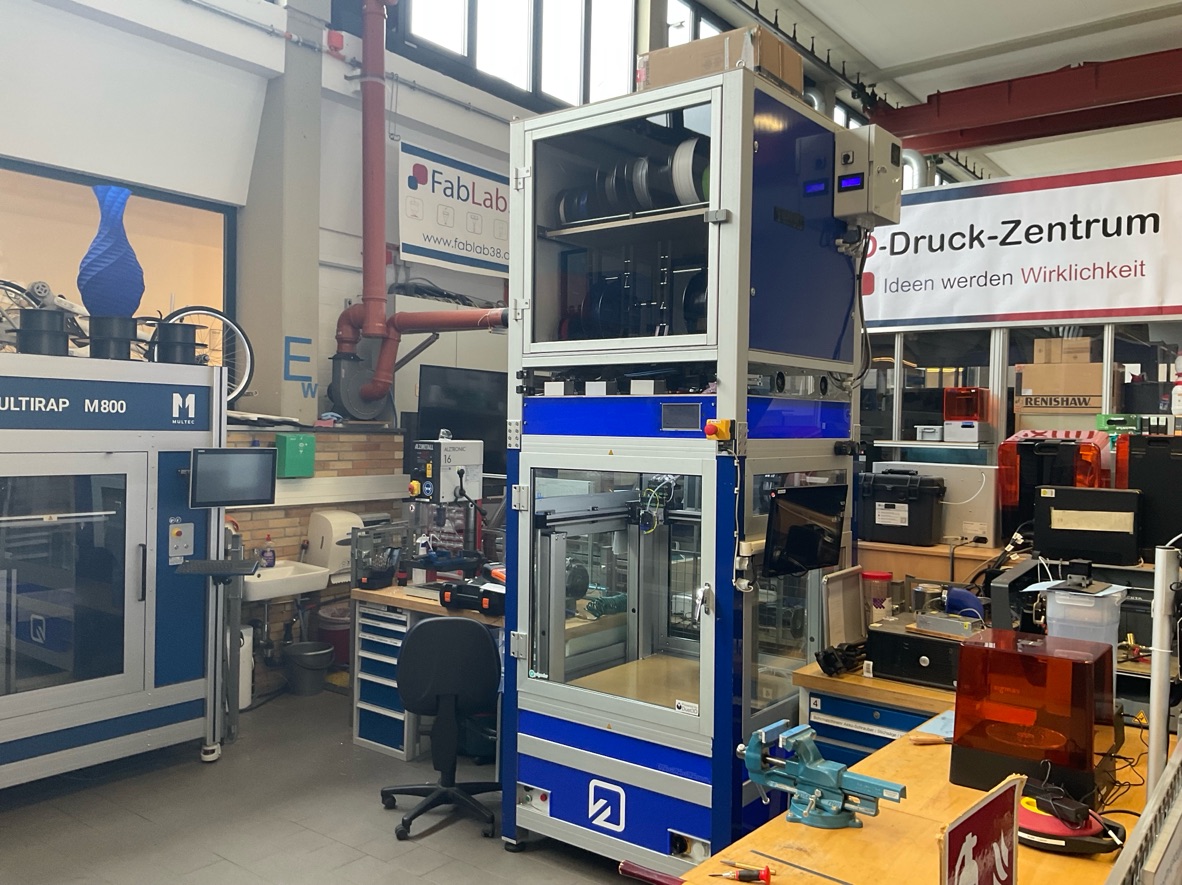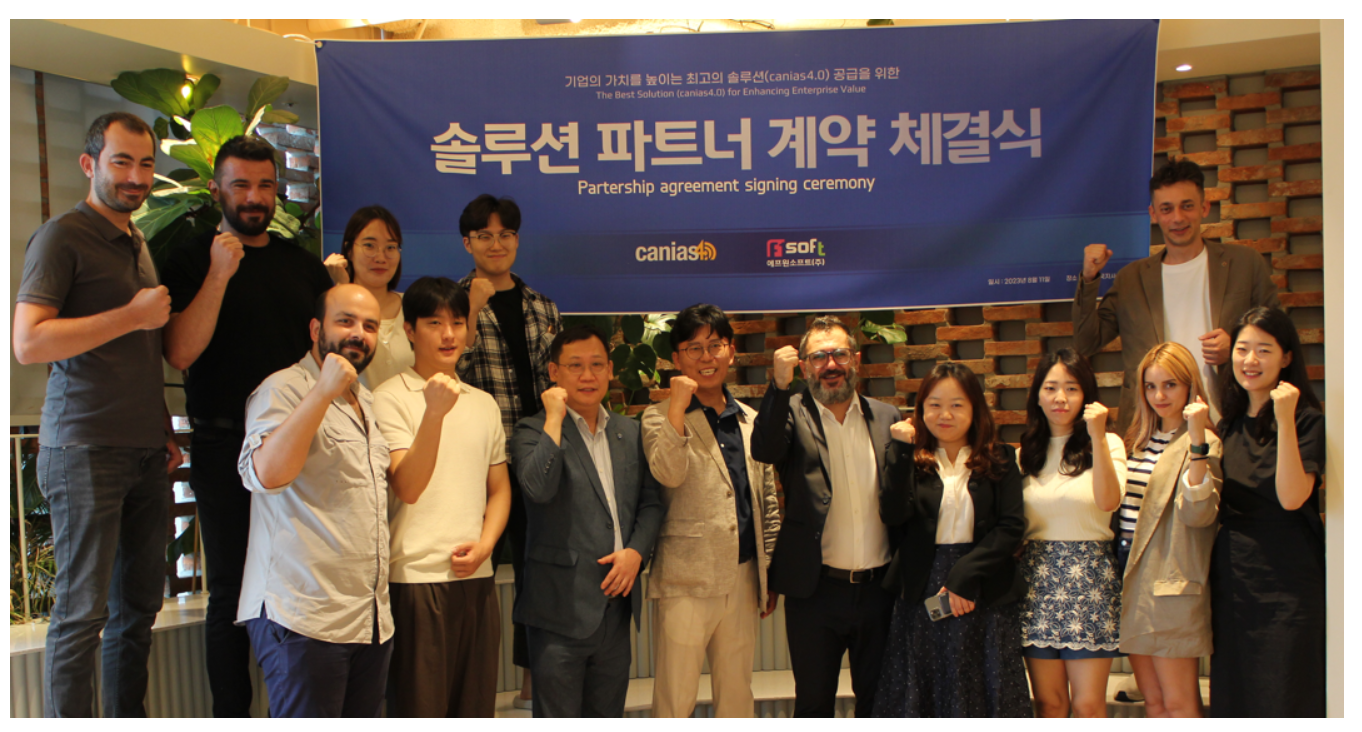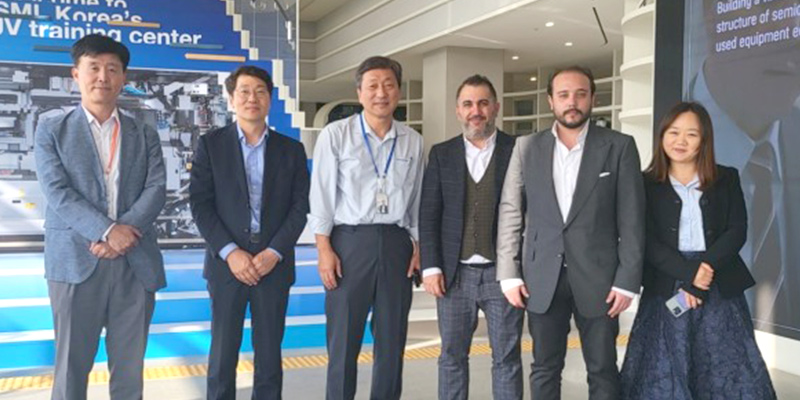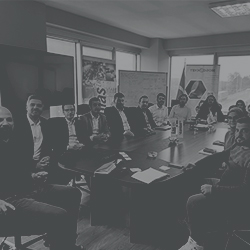
IAS Accelerates its Studies on Artificial Intelligence
.jpg) IAS Turkey Global Partner Manager Burak Bayrakdar evaluating the developments in Turkey and the world in terms of Business Intelligence and Artificial Intelligence says: "Working with predictive algorithms to make decisions or see the results of possible decisions, shaping the future through scenarios provides companies with a greater competitive advantage than ever before. As IAS, we have been working for a long time to produce proactive ERP solutions that are learning and making decisions, and we have begun to see the first yields of our work.”
IAS Turkey Global Partner Manager Burak Bayrakdar evaluating the developments in Turkey and the world in terms of Business Intelligence and Artificial Intelligence says: "Working with predictive algorithms to make decisions or see the results of possible decisions, shaping the future through scenarios provides companies with a greater competitive advantage than ever before. As IAS, we have been working for a long time to produce proactive ERP solutions that are learning and making decisions, and we have begun to see the first yields of our work.”
How does business intelligence and analytics evolve in line with corporate needs? How do you evaluate the change and the current situation in this context?
In the past, while the main function of enterprise applications was to plan and to record processes, the transformation of the produced data into information became the main value-added issue. Since this emerged, we have started to talk about concepts such as big data, business intelligence, business analytics, artificial intelligence more. Our expectation from the business intelligence tools we use to make available data meaningful in the fastest and most accurate way is now much higher! We expect business intelligence tools to take us one step further and to enlighten the future within the developing and changing competitive environment. Based on past data and experience, it is now one of the most important expectations of corporate life to achieve intuitive results with the teachings gained. Working with predictive algorithms to make decisions or see the results of possible decisions, shaping the future through scenarios provides companies with a greater competitive advantage than ever before.
How will the need for foresight in the analytical aspect and the solutions in this way emerge? What is the potential for artificial intelligence, learning systems, and software-oriented development?
The process of using analyzed data by decision makers began to evolve into autonomous systems that react quickly and consistently with the information learned from the data. For example, many applications, such as social media or music streaming services, offer the characteristics that are learnt from our behavior, even though we are not aware. Almost all of them use algorithms developed based on user behavior. Such systems will increase rapidly in the enterprise as well as individual use. The need and demand in main topics such as artificial intelligence, machine learning and deep learning and related sub-disciplines will inevitably increase. As IAS, we have been working for a long time to produce proactive ERP solutions that are learning and making decisions, and we have begun to see the first yields of our work.
How do you assess the need for predictive analysis focused on the global market and in Turkey in particular? What is your strategy as IAS?
It would not be right to distinguish this need globally or locally. In today's competitive environment, we strive to meet the needs of every sector in different markets by producing our product as flexible as possible in order to exist and grow globally. We have customers using our software in 16 languages in 31 countries. We follow the technology closely in order to respond to the increasing expectations and needs day by day, and produce our own unique and pioneering technologies to exceed the expectations. We work on our product caniasERP and our business intelligence solution canias IQ in order to meet these expectations. One of the main reasons for developing our own database, IASDB, is to create the most suitable infrastructure for our artificial intelligence studies within ERP. We develop our products with the most up-to-date technologies to create a system that facilitates and learns in line with user behavior within ERP.










